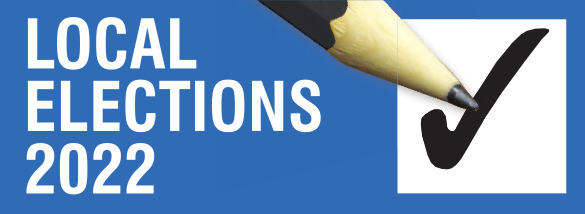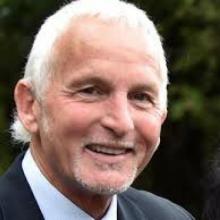
New inclusive campaign guidelines for local body elections have been called an "abomination" threatening free speech, but many candidates in the South have endorsed the call for respectful debate.
The guide encourages candidates to consider how they can respect and uphold the Treaty of Waitangi, value te reo Maori, reframe debates to avoid racism and race-baiting, avoid perpetuating stereotypes and identify actions they would take in office to support diversity and "build belonging".
It refers directly to debates about Three Waters and Maori wards, "which have, at times, become derogatory to Maori".

Otago regional councillor Michael Laws called the guide an abomination - it was a "biased attempt to stop freedom of speech and thought around Three Waters, around Maori wards, around co-governance, around the Government’s so-called reform agenda".
"It seeks to dissuade those who dissent from this woke nonsense from standing for office," Cr Laws said.
His colleagues were divided.
Cr Gary Kelliher said it was an attempt by LGNZ to "tailor their perfect council candidate" and Cr Hilary Calvert said "this smells of staff of the relevant organisations becoming involved in political matters".
However, Cr Gretchen Robertson said running a campaign that put other people down was weak and "an attempt to deflect attention from your own inadequacies".
Cr Alexa Forbes said: "I’m sorry that we have to be reminded of our obligations and I look forward to the day that we don’t have to be."
Cr Michael Deaker said some people might call the guidelines woke.
"I see them as respectful and well designed for New Zealand in 2022".
LGNZ chief executive Susan Freeman-Greene said a sometimes-toxic environment had built up over time and "shifting what’s acceptable - and what is not - will take more than one election cycle".
Candidates could debate important issues robustly while upholding the dignity of fellow candidates, she said.

Dunedin Mayor Aaron Hawkins said making elections safer for a broader range of candidates should be encouraged.
"Sadly, we are seeing an increase in the uglier elements of public debate, including racism.
"Those of us who aren’t the target of that have an obligation to help shut it down."
Dunedin city councillor Lee Vandervis said the campaigning advice was a patronising, bicultural straitjacket that claimed diversity, but which pushed Maori speech and sensitivity agendas.
He noted it did not dwell on such things as value for money, debt and rates, "which are of interest to voters and should be the real focus of elected representatives".
Fellow councillor Sophie Barker said the document reflected how troubling some behaviour had become, especially online.
She did not recall racist rhetoric during her 2019 campaign, but did encounter sexism.
"On my first night campaigning, while I was looking for a seat on stage, one of the candidates said I could sit on his knee any time," Cr Barker said.
Cr Rachel Elder said the guidelines were great.
"If we demean, belittle, label and personally attack people or people groups, we are not upholding the idea of democracy," Cr Elder said.
Cr Steve Walker said supporting diversity and inclusion should be the default position of any worthy candidate.
Cr Jules Radich said he was comfortable with the guidance.
The Team Dunedin ticket he was leading had "asked for interaction with mana whenua".
Dunedin mayoralty candidate Mandy Mayhem-Bullock said she wanted to see people from all walks of life on the council.
Environment Southland councillor Robert Guyton said he felt Mr Foon had been proactive in alerting candidates to the activities of pressure groups, especially those opposed to Three Waters reform.
"A great deal of the commentary around the claims made by these groups is certainly racist in nature," Cr Guyton said.
At a glance
Tips for fostering inclusion
• Take time to engage with the Treaty of Waitangi by learning your local iwi history
• Have a look at examples of partnership with manawhenua and Maori in local government
• Attend cultural, ethnic and diverse public events
• Use multilingual greetings
• Attend community meetings in diverse settings, including marae, mosques, churches and migrant centres
• Monitor your social media
• Be an "upstander" against racist and discriminatory comments
• Use inclusive language and avoid stereotyping
- Source: Local Government New Zealand









